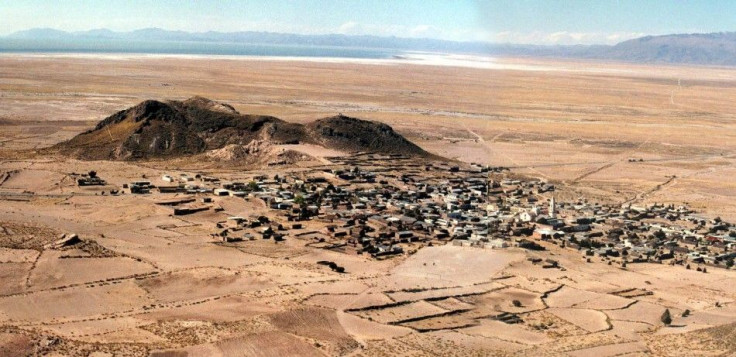Has the mysterious lost city of Atlantis been found?

The legendary lost city of Atlantis that has found place in tales and fables and was thought to have been swallowed up by a massive tsunami in 9600 BC, may be found in the marshlands of the Dona Ana Park, southwest Spain, claim researchers.
A U.S.-led team of researchers including geologists and archaeologists, who have been searching for the true site of Atlantis since 2009, revealed in a National Geographic show, Finding Atlantis, on Sunday.
Using satellite photography, ground-penetrating radar and underwater technology, researchers believe to have located the buried city underneath the marshlands.
Atlantis was fist mentioned in Greek philosopher Plato's dialogues, Timaeus and Critias, about 2600 years ago. Various speculations have been made about the actual existence of the city. Some historians thought it really existed, while others would rather consider it a fictious city.
In 1999, a British historian and cartographer Jim Allen, claimed that the legendary lost city of Atlantis was located where present-day Quillacas is, considering the similarities between Plato's description and the Bolivian altiplano that was once covered by extensive lakes and inland seas.
The revelation by the research team comes just in time when a recent earthquake and tsunami has devastated Japan, triggering possibilities of such calamities in ancient times also, when cities like Atlantis would have possibily been swamped.
This is the power of tsunamis, Richard Freund, the head researcher and a professor at University of Hartford, Connecticut, told Reuters, adding that discovery of a series of memorial cities in central Spain gave evidence to researchers that Atlantis got buried under muds due to a tsunami.
However, it is still uncertain and survey of the marshland for a proof is on, he said.
© Copyright IBTimes 2025. All rights reserved.





















